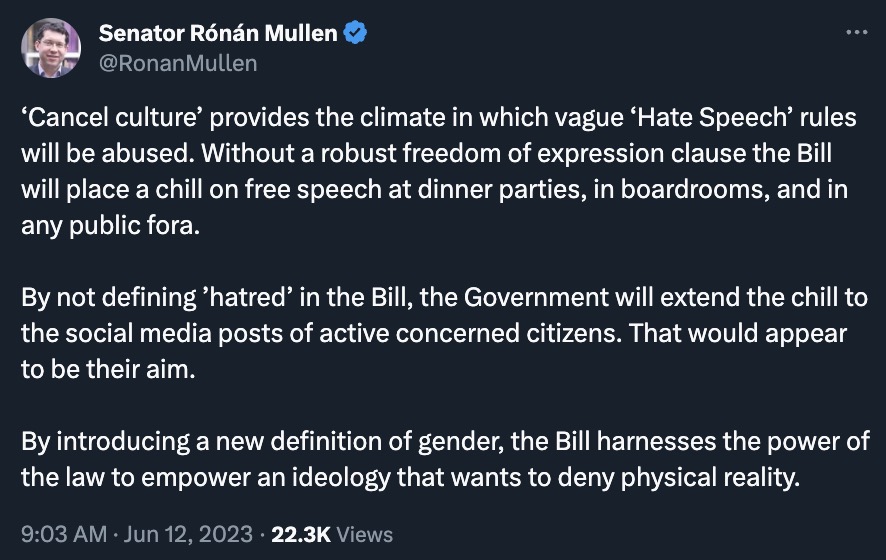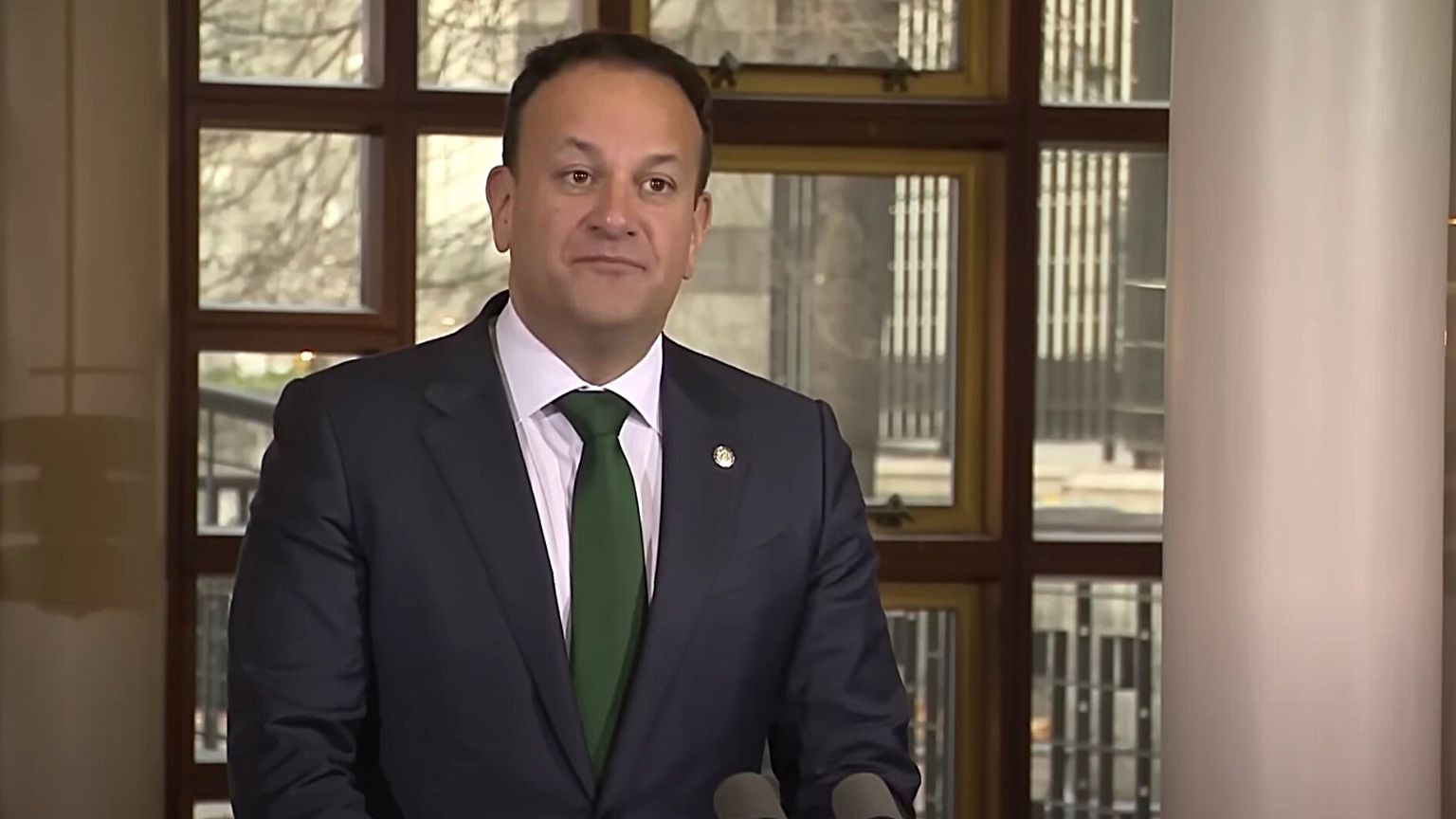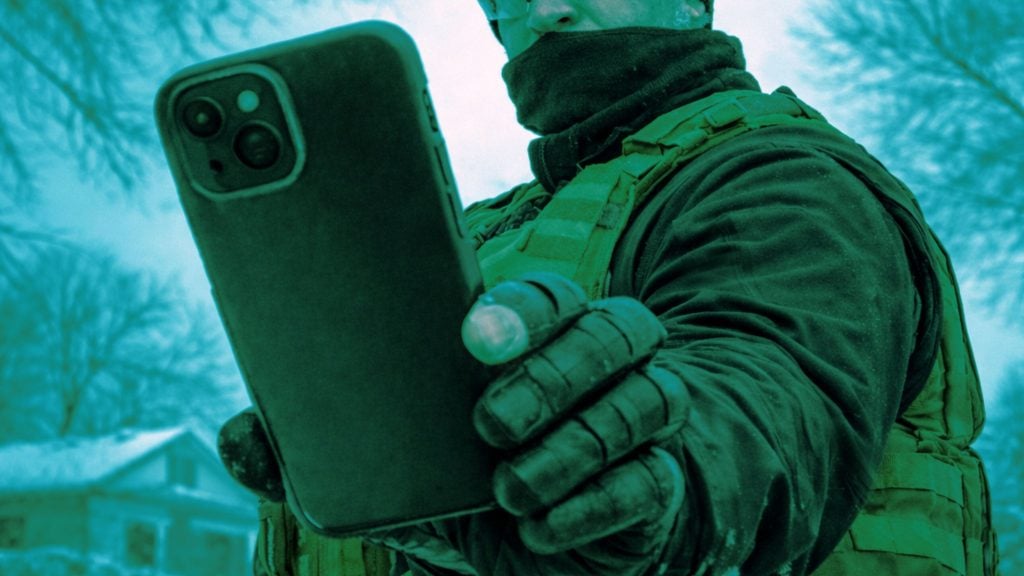Ireland’s Taoiseach Leo Varadkar is using recent riots in Dublin to push for more online censorship laws and further restrictions to speech.
Thursday night in Dublin was marked by significant disturbances as various groups engaged in a riot, damaging storefronts, setting vehicles ablaze, and confronting law enforcement officers.
The chaos erupted in the city center, triggered by an earlier incident involving a knife attack against children by a perpetrator whose name has been kept out of the press but is said to be an immigrant to Ireland, having lived in the country for 20 years.
Authorities blamed the spread of “false information” as key factors contributing to the unrest and are now pushing a crackdown on online speech.
Reclaim Your Digital Freedom.
Get unfiltered coverage of surveillance, censorship, and the technology threatening your civil liberties.
Varadkar pointed out that any new legislation would be carefully crafted to target only those actions that clearly incite violence and hatred, somehow without infringing upon the right to free speech.
“It’s now very obvious to anyone who would have doubted it that our incitement to hatred legislation is not up to date for the social media age,” Varadkar said.
Yet, Varadkar doesn’t specify who will be the arbiter of what constitutes “hatred.”
Varadkar reaffirmed his confidence in An Garda Síochána (the national police and security service of Ireland) and the justice system to deal with those responsible for criminal acts.
Ireland has already been working on new censorship laws for some time. The Irish Senate (Seanad) has already made several proposals and had numerous debates on the issue. The Bill in question, known as the Criminal Justice (Incitement to Violence or Hatred and Hate Offences) Bill 2022, is looking to criminalize hate speech (incitement to violence or hatred) and enhance penalties for crimes fueled by “hate.”
Critiques of the Bill are largely centered around its potential to dampen freedom of speech and expression, overshadowing the aspect of establishing a new hate crime category. Several Irish Senators have publicly expressed concerns about the law’s impact.
Senator Ronan Mullen recently articulated his apprehensions via X:

“‘Cancel culture’ provides the climate in which vague ‘Hate Speech’ rules will be abused. Without a robust freedom of expression clause the Bill will place a chill on free speech at dinner parties, in boardrooms, and in any public fora. By not defining ’hatred’ in the Bill, the Government will extend the chill to the social media posts of active concerned citizens. That would appear to be their aim. By introducing a new definition of gender, the Bill harnesses the power of the law to empower an ideology that wants to deny physical reality.”
The law has been criticized for its nebulous and self-referential definition of hatred, which has persisted through various drafts of the Bill.
Deputy Thomas Pringle highlighted the Bill’s ambiguity, noting that “is remarkable in that hate is not defined in it.” Simon Harris, the Minister for Justice at the time, stated the government’s reluctance to be “overly prescriptive,” fearing it might inadvertently make prosecutions more challenging, leading to questions about the government’s intentions.




